This review analyses and summarises the previous investigations on the oxidation of linseed oil and the self-heating of cotton and other materials impregnated with the oil.
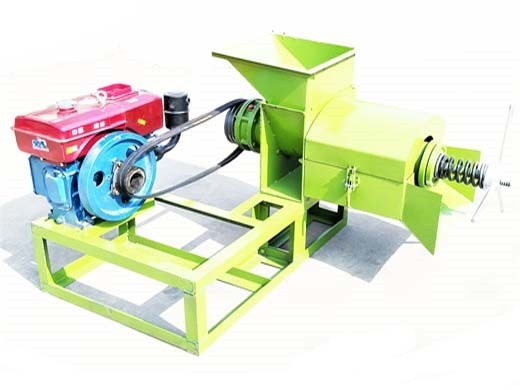
REVIEW Open Access Low temperature oxidation of linseed oil: a review Juita 1, Bogdan Z Dlugogorski1*, Eric M Kennedy1 and John C Mackie1,2 Abstract This review analyses and summarises the previous investigations on the oxidation of linseed oil and the self-heating
Get Price
Low temperature oxidation of linseed oil: a review
Get Price
This review analyses and summarises the previous investigations on the oxidation of linseed oil and the self-heating of cotton and other materials impregnated with the oil. It discusses the composition and chemical structure of linseed oil, including its drying properties.
Get Price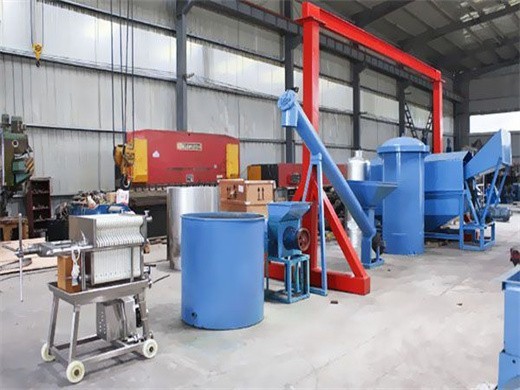
This review analyses and summarises the previous investigations on the oxidation of linseed oil and the self-heating of cotton and other materials impregnated with the oil. It discusses the composition and chemical structure of linseed oil, including its drying properties.
Get Price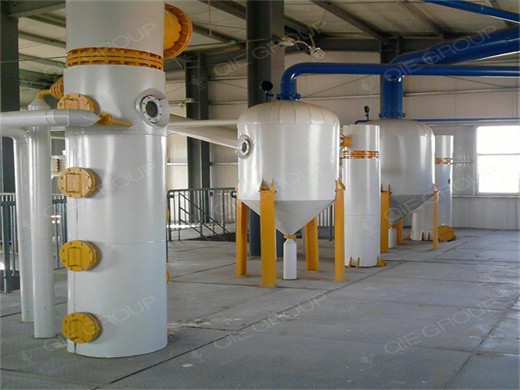
Rags soaked with linseed oil stored in a pile are considered a fire hazard because they provide a large surface area for rapid oxidation of the oil. The oxidation of linseed oil is an exothermic reaction, which accelerates as the temperature of the rags increases.
Get Price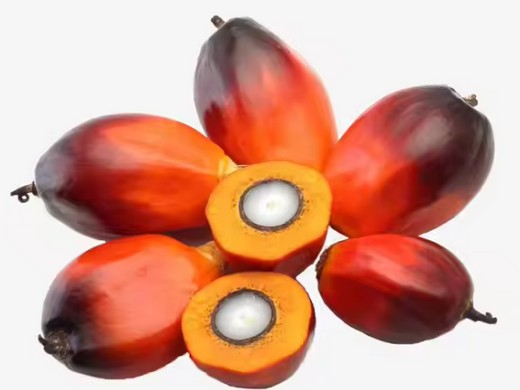
Identification and Quantitation of Volatile Organic Compounds from Oxidation of Linseed Oil Juita, Bogdan Z. Dlugogorski, Eric M. Kennedy, and John C. Mackie. Industrial & Engineering Chemistry Research 2012 51 (16), 5645-5652 . 5, 6, 7 Low temperature oxidation of linseed oil: a review.
Get Price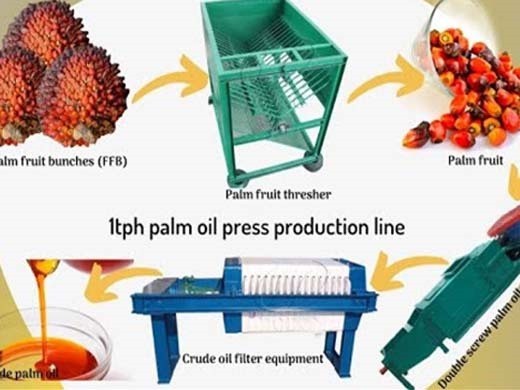
Low-temperature oxidation of linseed oil and its active components, linoleic, linolenic and oleic acids in equimolar O 2 /N 2 mixture has been investigated in a plug flow reactor housed inside an oven at an initial temperature between 60 and 100 掳C, with the liquids impregnated onto the glass wool support. In particular, we have studied the ...
Get Price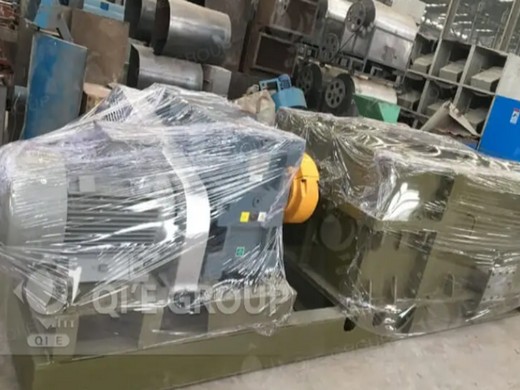
The k values for linseed oil oxidation at each temperature are presented in Tables 4 and and5. 5. The rate of oil oxidation depends on many factors (fatty acid composition and triacylglycerol structure, catalysts, inhibitors etc.) (Frankel 2014). Unfortunately, the PDSC and Rancimat methods have no way of separating these effects, and for ...
Get Price
19.09.2012· This review analyses and summarises the previous investigations on the oxidation of linseed oil and the self-heating of cotton and other materials impregnated with the oil. It discusses the composition and chemical structure of linseed oil, including its drying properties. The review describes several experimental methods used to test the propensity of the oil to induce spontaneous heating
Get Price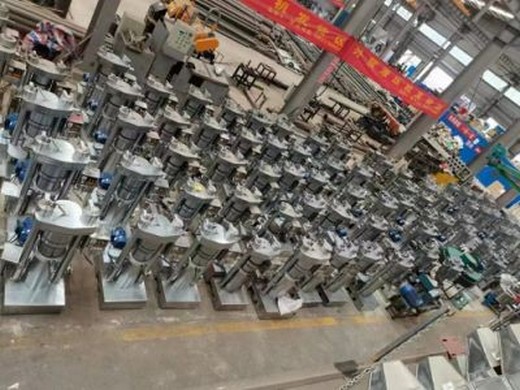
REVIEW Open Access Low temperature oxidation of linseed oil: a review Juita 1, Bogdan Z Dlugogorski1*, Eric M Kennedy1 and John C Mackie1,2 Abstract This review analyses and summarises the previous investigations on the oxidation of linseed oil and the self-heating
Get Price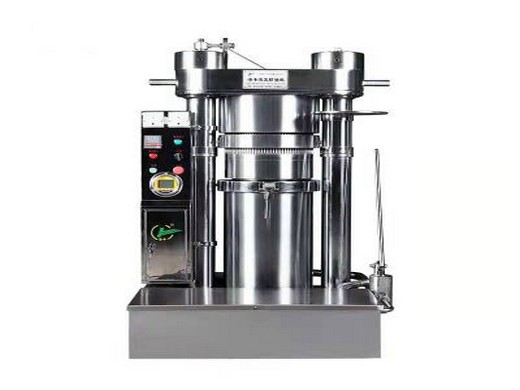
This review analyses and summarises the previous investigations on the oxidation of linseed oil and the self-heating of cotton and other materials impregnated with the oil.
Get Price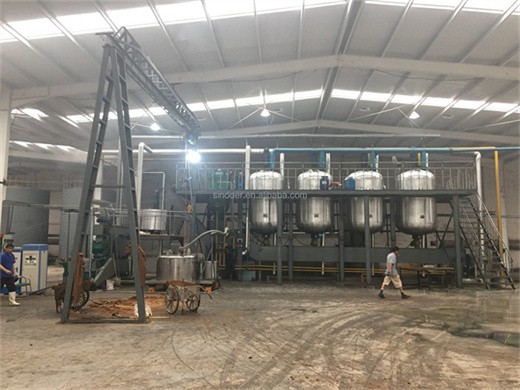
Low temperature oxidation of linseed oil: a review
Get Price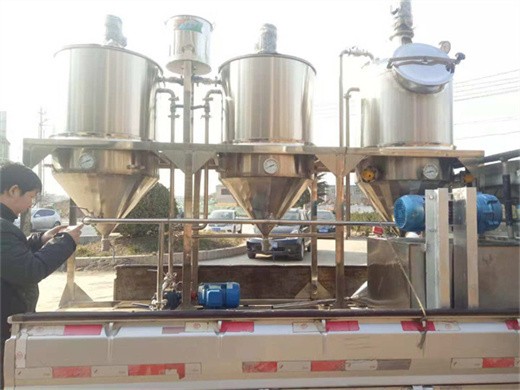
Read "Low temperature oxidation of linseed oil: a review, Fire Science Reviews" on DeepDyve, the largest online rental service for scholarly research with thousands of
Get Price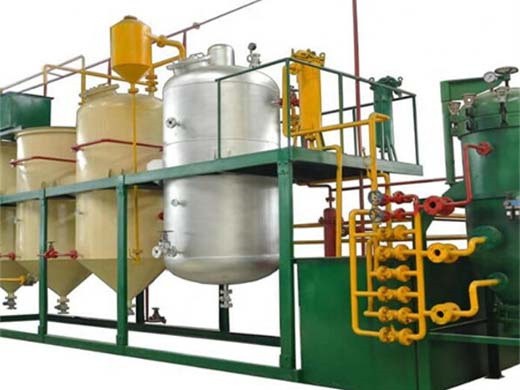
Low temperature oxidation of linseed oil: a review . By Juita,Bogdan Z. Dlugogorski, Eric M. Kennedy and John C. Mackie. Cite . BibTex; Full citation; Abstract. This review analyses and summarises the previous investigations on the oxidation of linseed oil and the self-heating of cotton and other materials impregnated with the oil. It discusses the composition and chemical structure of
Get Price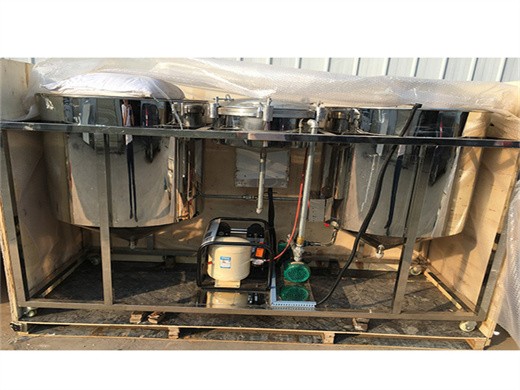
Low temperature oxidation of linseed oil: a review Juita 1, Bogdan Z Dlugogorski1*, Eric M Kennedy1 and John C Mackie1,2 Abstract This review analyses and summarises the previous investigations on the oxidation of linseed oil and the self-heating of cotton and other materials impregnated with the oil.
Get Price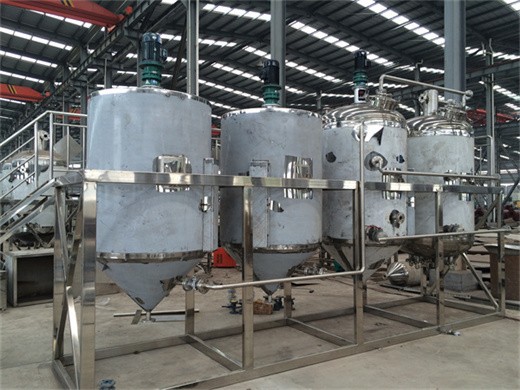
This review analyses and summarises the previous investigations on the oxidation of linseed oil and the self-heating of cotton and other materials impregnated with the oil. It discusses the composition and chemical structure of linseed oil, including its drying properties. The review describes several experimental methods used to test the
Get Price
Low Temperature Oxidation of Linseed Oil ix oxidation process, suggesting the consumption of unsaturated compounds in the oil and the formation of alcohols, aldehydes, ketones, carboxylic acids and esters. The overall rate of disappearance of double bonds follows first order kinetics with a rate constant of 0.030 ± 0.007 h-1 at 80 °C.
Get Price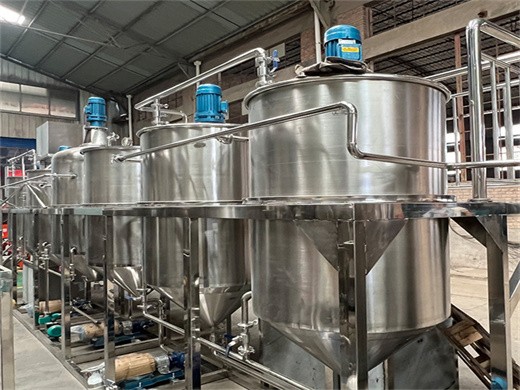
28.11.2016· There have been no studies on the activation energy of linseed oil oxidation based on the Rancimat 蟿 on measurement. Litwinienko,using the isothermal DSC method to oxidize linseed oil, reached an Ea equal to 73.1 kJ mol 鈭?, and for 伪-linolenic acid, which had the highest fatty acid composition of linseed oils2.9 kJ mol 鈭?.
Get Price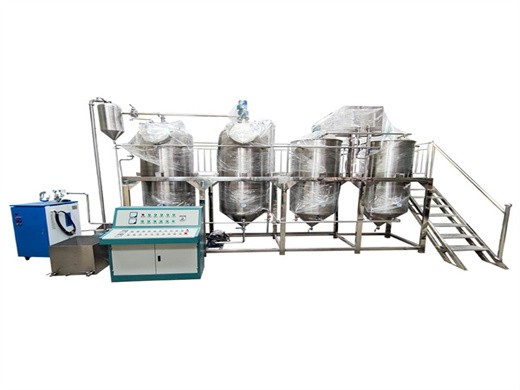
Bodied Oil. Bodied oil is polymerized oil made by heating refined linseed oil at high temperature for a certain amount of time. Where color and low acid numbers are important it is heated either in a vacuum or under a blanket of inert gas.
Get Price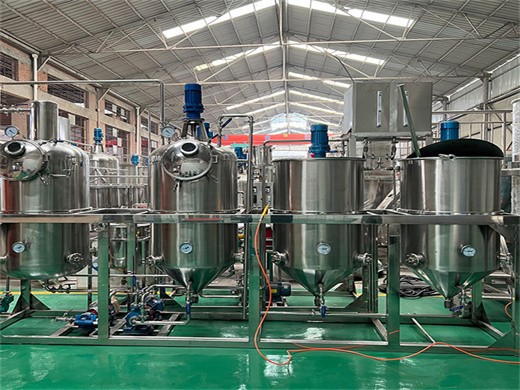
Read "Roles of peroxides and unsaturation in spontaneous heating of linseed oil, Fire Safety Journal" on DeepDyve, the largest online rental service for scholarly research with thousands of academic publications available at your fingertips.
Get Price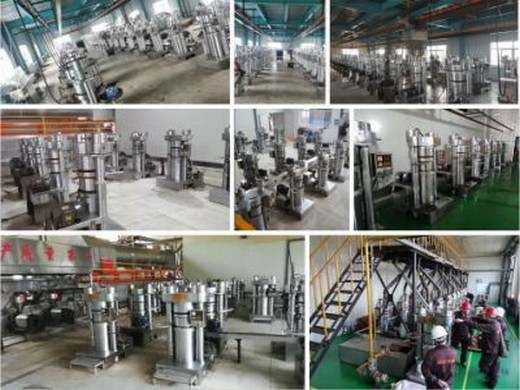
Drying oils, especially linseed oil, have been used since the 15th century as a painting medium. Hardening of linseed oil is a complex and little understood process involving autoxidation that has frequently led to the spontaneous ignition of rags doused with linseed oils. In the present study, low temperature oxidation of linseed oil and its
Get Price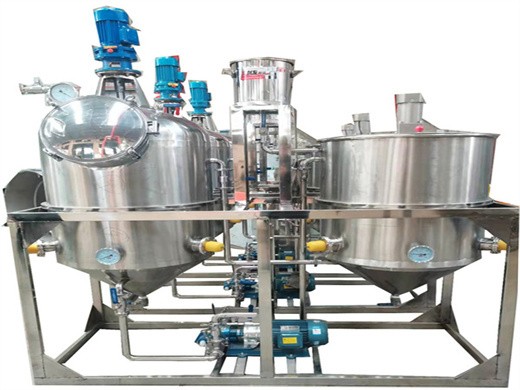
Rags soaked with linseed oil stored in a pile are considered a fire hazard because they provide a large surface area for rapid oxidation of the oil. The oxidation of linseed oil is an exothermic reaction, which accelerates as the temperature of the rags increases.
Get Price
Oxidation of food grade oils Editor: Dr Matt Miller The PV test is a good way to measure the amount of primary oxidation products in fresh oils. Oils with significant levels of peroxides may still be odourless if secondary oxidation has not begun. If oxidation is more advanced, the PV may be relatively low but the oil will be obviously rancid.
Get Price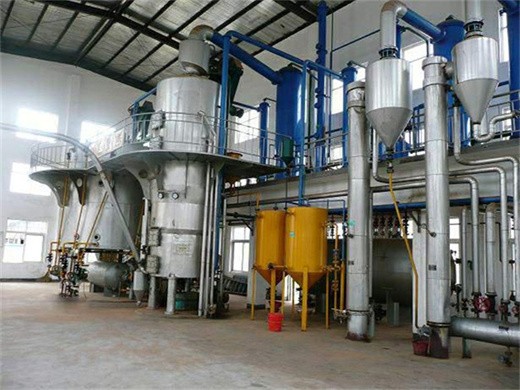
Identification and Quantitation of Volatile Organic Compounds from Oxidation of Linseed Oil Juita, Bogdan Z. Dlugogorski, Eric M. Kennedy, and John C. Mackie. Industrial & Engineering Chemistry Research 2012 51 (16), 5645-5652 . 5, 6, 7 Low temperature oxidation of linseed oil: a review.
Get Price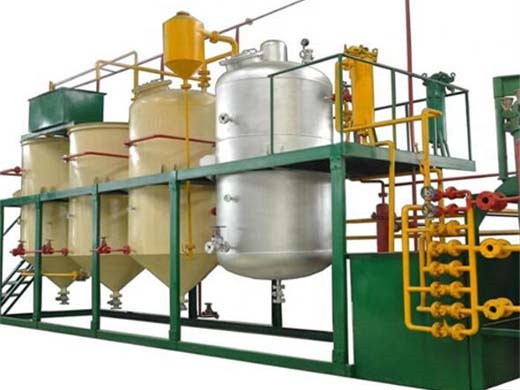
protection of the oil against oxidative degradation [10]. CASE STUDY The main factors of initiation of oxidation process are temperature, metal traces, oxygen and unsatured fatty acid. Corn oil, as a parent vegetable oil, is vulnerable to oxidation because of its unsaturated fatty acid content [2]. The low oxidation stability of all kind of
Get Price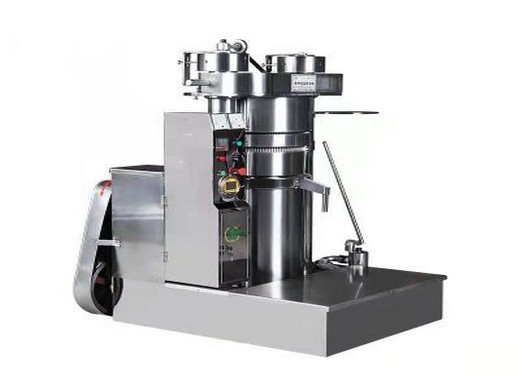
Factors, in addition to the presence of polyunsaturated fatty esters in the substrate, which tended to favour a relatively high activity of the 伪ompound were (a) comparison of activities at a low peroxide value, still within the induction period and (b) a not too high temperature of oxidation.
Get Price
calorimetry showed, even thou sunflower oil contain low amount of unsaturated oils, the maximal temperature reached under accelerated rate calorimetry was much high-er than that of a linseed oil. This means, that the reaction was slower, but reached its maximal rate at much more higher temperature than linseed oil. There were also rec-
Get Price
Article 016 Towards an Architecture Without Manufacturing. Article 017- Britain Resource depletion. ARTICLE 018 The Incentive systems of Humanity. Article 019 The Problem with Buy to Let. Article 020 The Problem with Buy to Sell. ARTICLE 021 The Problem of Self- Sufficiency in Britain. ARTICLE 022 A Post 2020 Kitchen . ARTICLE 023 The UK Zero Carbon House Myth. ARTICLE
Get Price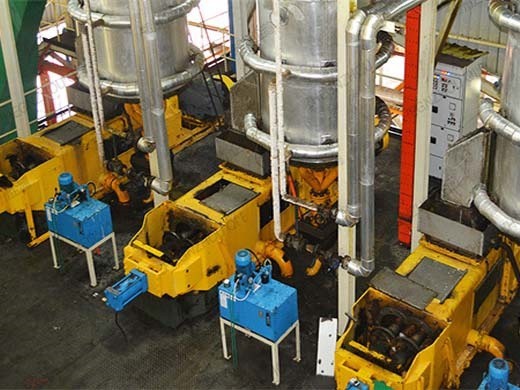
The intercropping proportions comprised 100 cm spaced 4-row strips of linseed intercropped with one, two,three and four rows of methra along with sole cropping of the component crops. Intercrop was sown between the strips of linseed at the time of planti...
Get Price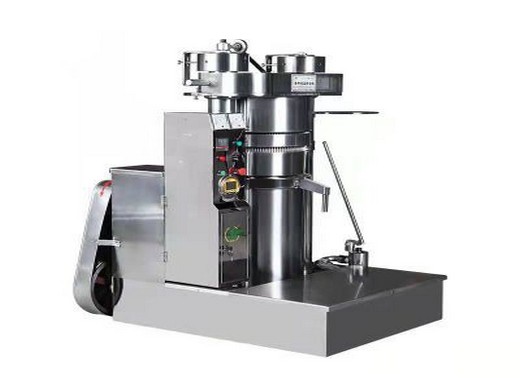
Low temperature oxidation of linseed oil: a review Veld fires are a common phenomenon in the predominantly savanna ecosystems of Zimbabwe. Until now no studies have investigated the causes, and socio-economic and environmental impacts of veld fires in Zimbabwe...
Get Price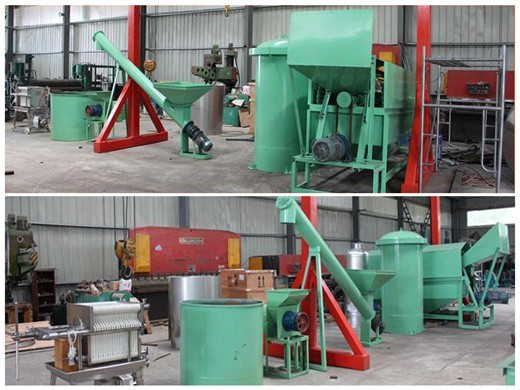
This reaction is highly desirable to proceed at low temperature for the consideration of safety, energy savings, low cost and environmental friendliness. Great efforts have been devoted to develop efficient catalysts in order to reduce the temperature of catalytic oxidation of VOCs. The present review highlights recent important progress in the
Get Price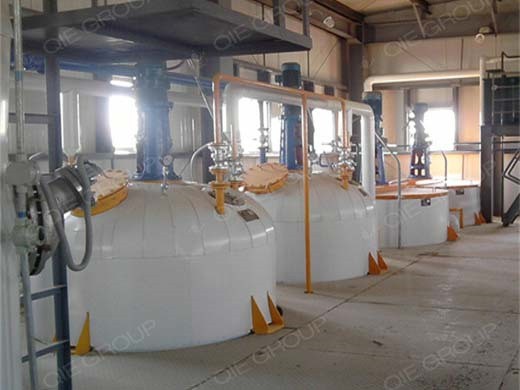
In addition, the indices pertaining to the oxidative stability of linseed oil increased in value as the concentrations of pomegranate peel and seeds increased. Apart from the pomegranate peel at 0.1% and the quercetin, all other antioxidants were able to reduce the severity of temperatureelated parameters (i.e., Tc and Q 10 values). In
Get Price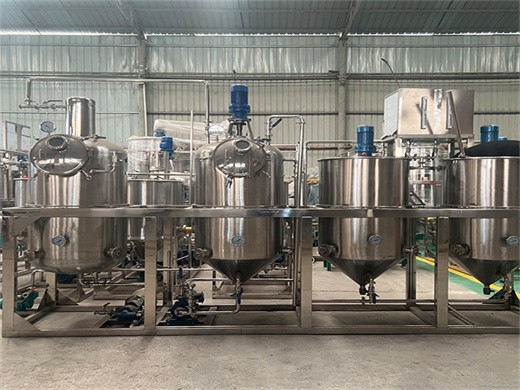
Low temperature oxidation of linseed oil: a review Low temperature oxidation of linseed oil: Formation of potentially toxic carbonyls during oxidation of triolein in the presence of alimentary antioxidants. Monatshefte für Chemie Chemical Monthly, Oct 2017 Marini Damanik, Michael Murkovic. Tweet. A PDF file should load here. If you do not see its contents the file may be temporarily
Get Price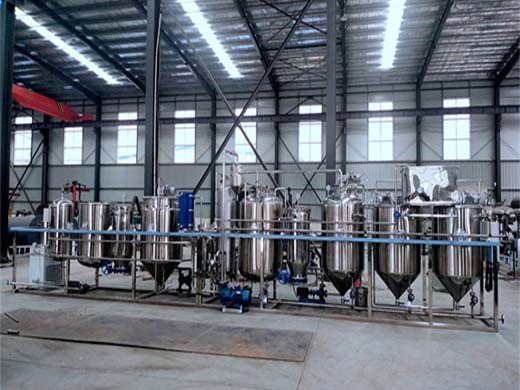
21.04.2013· While testing the stability of oils at ambient temperature would be ideal for determining real storage conditions, it is far too slow to be of practical value . The proposed TLC-FID method, however, permits testing oxidation of the oil at lower temperatures because of the large surface area of silica on the chromarod. When applied on its
Get Price
Vegetable and animal oils are susceptible to the oxidation of their lipid components on storage. Polyphenols from apple peels are investigated as potential natural antioxidants used for stabilizing polyunsaturated fatty acid and preventing oxidation. The aim of this study was assessing the antioxidant efficacy of apple pomace as natural antioxidant in linseed and fish oils, stored in anaerobic
Get Price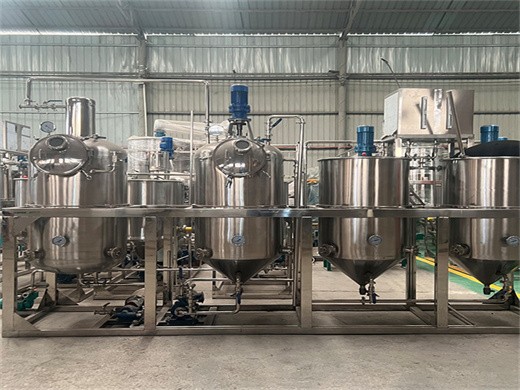
22.10.2014· The sprayer Caron is using to apply the linseed oil to a new sculpture is a high-volume, low-pressure spray gun. Instead of having the big metal can on the bottom where the liquid is siphoned up
Get Price
Since linseed oil contains more polyunsaturated fatty acids than safflower oil, linseed oil-containing paints are expected to show a higher degree of oxidation than safflower oil-containing paint.
Get Price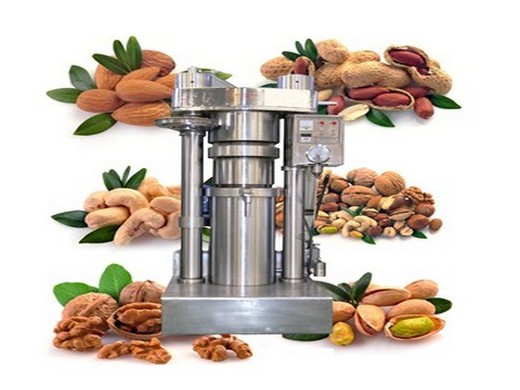
Rags soaked with linseed oil stored in a pile are considered a fire hazard because they provide a large surface area for rapid oxidation of the oil. The oxidation of linseed oil is an exothermic reaction, which accelerates as the temperature of the rags increases.
Get Price